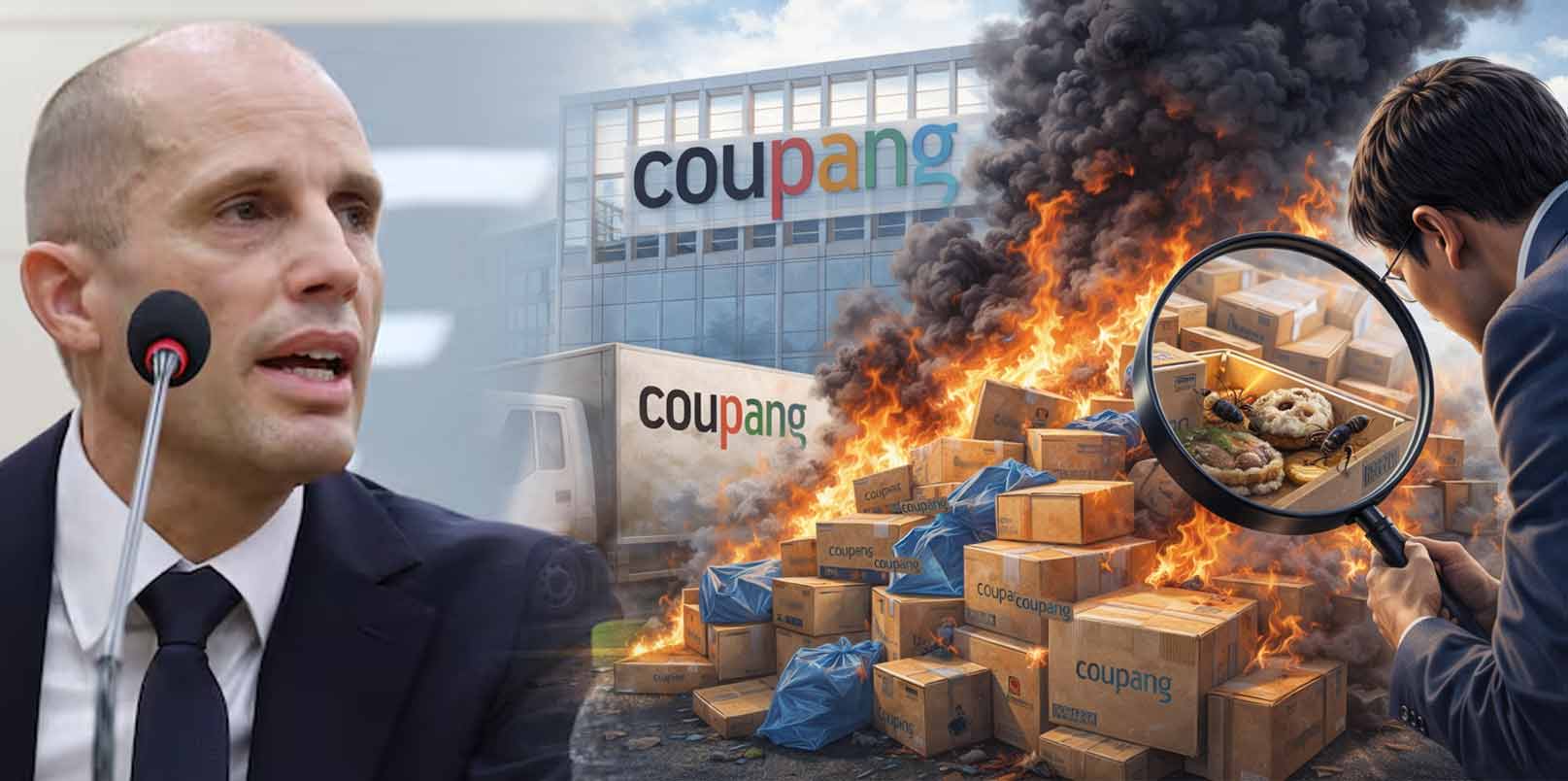The Korean startup ecosystem might face difficult times with a funding crunch due to the looming recession, but it has continued growing. As per ‘Startup Trends’ announced by the Ministry of SMEs and Startups, the number of startups from January to September 2022 (cumulative) increased by 1.9% (15,482) compared to the same period last year (excluding the real estate sector).
The number of startups increased in the wholesale/retail and personal service sectors thanks to the boom of online shopping malls and the lifting of social distancing restrictions. The number of tech startups declined slightly (2.4%) due to the base effect followed by the increase witnessed last year (the record-high number of startups amounting to 18,000).
By Business Type
The number of startups engaged in the wholesale and retail business in 2022 rose steadily to 8.1% from last year, boosted by the vitalization of online shopping malls. The number of startups engaging in personal services increased in 2021 (5.6%↓ in 2020 and 5.2%↑ in 2021) and rose by 0.5% this year.
As for real estate startups, however, the number of startups declined by 27.3%followed by 2021 with 35.5% (from January to September 2021) due to the base effect of the startup surge (369,274, 94.4%↑) in 2020 (from January to September 2020).
The number of startups engaging in accommodation and food service activities decreased by 4.7% compared to last year. Regarding tech-startups, the number of startups rose in the areas of creativity, arts, and recreation-related services (22.3%), education services (5.7%), and the IT industry (2.9%). However, the number of startups in manufacturing (12.2%) and those engaged in professional, scientific, and technical activities (6.7%) decreased to a total decline of 2.4% (4,328).
By Entrepreneurs’ Age
The number of real estate startups decreased by more than 25% in all entrepreneurs’ age groups. Overall, the number of real estate startups decreased in all age groups of entrepreneurs, excluding those in their 30s (0.5%).
To exclude real estate startups, however, the number of startups rose in all entrepreneurs’ age groups, excluding those under 30 (3.4%) and those over 50 (0.1%). The number of tech startups has declined in all age groups, excluding those in their 30s.
By Organisational Type
The number of corporate startups and individual businesses declined by 4.9% (4,588) and 4.6% (45,013), respectively, compared to the same period last year. Excluding real estate startups, the number of corporate startups declined by 4.6% (3,701), but the number of individual startups increased by 2.6% (19,183) compared to the same period last year.
As for corporate startups, their numbers increased in art, sports, and recreation-related services (12.2%), educational services (11.2%), and accommodation and food services (9.5%). However, their numbers declined in agriculture, forestry, fishing, and mining businesses (16.8%), manufacturing (9.7%), and the wholesale and retail sector (8.2%).
Regarding individual startups, the number of startups engaging in the agriculture, forestry, fishing, and mining businesses (19.1%), wholesale and retail companies (9.4%), and art, sports, and recreation services (7.2%) increased. However, the number of startups engaged in financial and insurance – 4 – activities (33.7%), real estate (28.7%), and professional, scientific, and technical activities (11.0%) declined.
As for tech startups, the number of corporate startups increased by 0.4% (152), and the number of individual businesses declined by 3.1% (4,480).
By Entrepreneurs’ Gender and Region
By gender, the number of startups founded in 2022 by female entrepreneurs decreased by 6.0% (29,847) to 468,848, and those established by male entrepreneurs declined by 3.5% (20,138) 549,531, compared to the same period last year. By region, the number of startups increased in four areas such as Chungnam (6.9%), Gangwon (4.9%), Chungbuk (0.7%), and Gyeongbuk (0.3%). The number of startups decreased in 13 regions, including Busan (8.5%), Seoul (8.1%), Gyeonggi (6.2%), and Incheon (6.1%). Excluding real estate startups, the number of startups increased in 15 regions, including Sejong (11.7%), Incheon (8.4%), Ulsan (5.5%), and the number of startups decreased in two regions such as Seoul (1.8%) and Jeju (1.8%)






